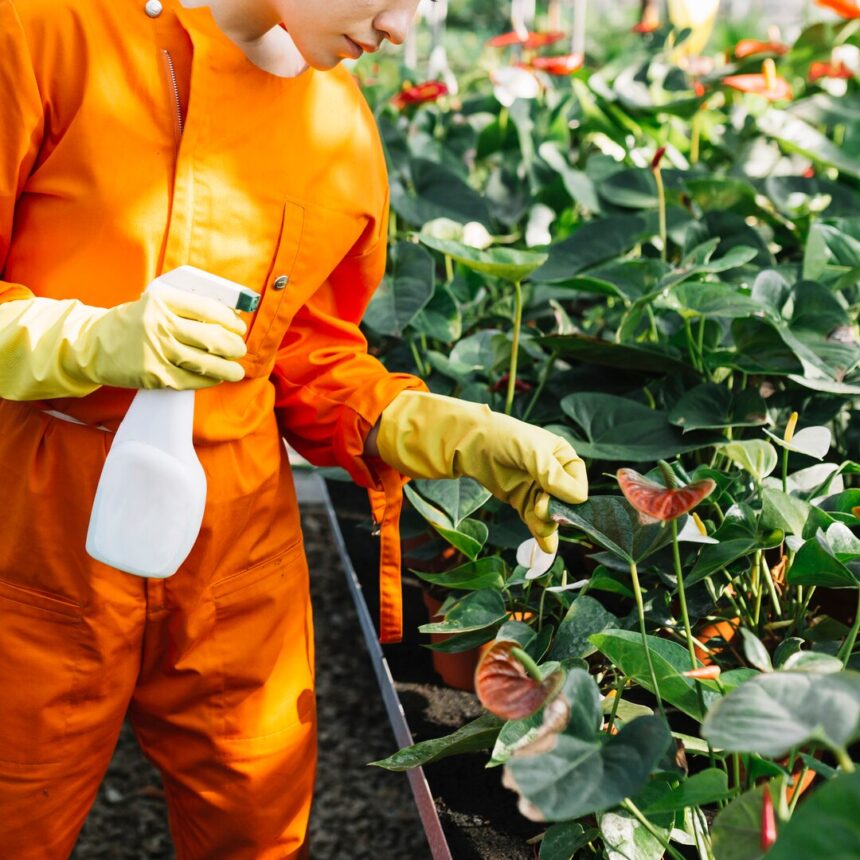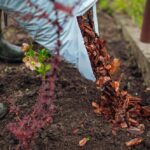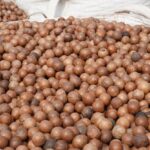In the pursuit of sustainable agriculture, organic pest control methods play a vital role in minimizing the use of synthetic chemicals, preserving environmental health, and promoting biodiversity. Unlike conventional pest control methods that rely on chemical pesticides, organic pest control prioritizes natural and environmentally friendly techniques to manage pests while maintaining the health and productivity of crops. From companion planting to biological control, organic pest control methods offer effective and sustainable solutions for farmers around the world.
- Integrated Pest Management (IPM):
Integrated Pest Management (IPM) is a holistic approach to pest control that combines various strategies to manage pests effectively while minimizing environmental impact. IPM focuses on prevention, monitoring, and control, utilizing cultural, biological, and mechanical methods to suppress pest populations. By integrating multiple control tactics, such as crop rotation, habitat manipulation, and biological control agents, farmers can reduce reliance on chemical pesticides and promote long-term pest management solutions. - Crop Rotation:
Crop rotation is a traditional agricultural practice that involves planting different crops in a specific sequence on the same land over time. By rotating crops, farmers disrupt the life cycle of pests and diseases, reducing their buildup in the soil and preventing outbreaks. Additionally, certain crops have allelopathic properties that repel pests or attract beneficial insects, further enhancing pest control and soil health. - Companion Planting:
Companion planting involves growing two or more plant species together in close proximity to enhance crop health and pest resistance. Some plants produce natural compounds or emit odors that repel pests, while others attract beneficial insects that prey on pests. For example, planting marigolds alongside tomatoes can deter nematodes, while planting basil near peppers can attract predatory insects that feed on aphids and other pests. - Biological Control:
Biological control involves the use of natural enemies, such as predators, parasites, and pathogens, to manage pest populations. Beneficial insects, such as ladybugs, lacewings, and parasitic wasps, prey on pest insects, reducing their numbers and preventing damage to crops. Microbial insecticides, such as Bacillus thuringiensis (Bt), are also used to control certain insect pests by targeting their specific life stages. - Botanical Pesticides:
Botanical pesticides are derived from plant extracts and contain natural compounds that repel or kill pests. Examples include neem oil, pyrethrum, and garlic spray, which are effective against a wide range of insect pests while posing minimal risk to non-target organisms and the environment. Botanical pesticides are biodegradable and typically have shorter residual effects compared to synthetic chemical pesticides. - Physical Barriers:
Physical barriers, such as row covers, insect screens, and netting, can be used to exclude pests from crops and protect them from damage. These barriers create a physical barrier that prevents pests from accessing plants while allowing air, sunlight, and water to pass through. Physical barriers are particularly useful for protecting high-value crops and sensitive plants from insect pests, birds, and other animals. - Cultural Practices:
Cultural practices, such as sanitation, proper irrigation, and weed management, play a crucial role in preventing pest infestations and reducing crop stress. Removing crop residues, weeds, and other plant debris reduces pest habitat and breeding sites, minimizing pest populations and disease spread. Additionally, maintaining soil fertility and moisture levels through organic amendments and mulching promotes healthy plant growth and enhances natural resistance to pests and diseases.
Organic pest control methods offer sustainable and environmentally friendly solutions for managing pests in agriculture. By integrating diverse strategies, such as integrated pest management, crop rotation, companion planting, biological control, botanical pesticides, physical barriers, and cultural practices, farmers can effectively control pests while minimizing the use of synthetic chemicals and preserving ecosystem health. Embracing organic pest control not only benefits farmers and consumers but also promotes a healthier and more sustainable food system for future generations.








